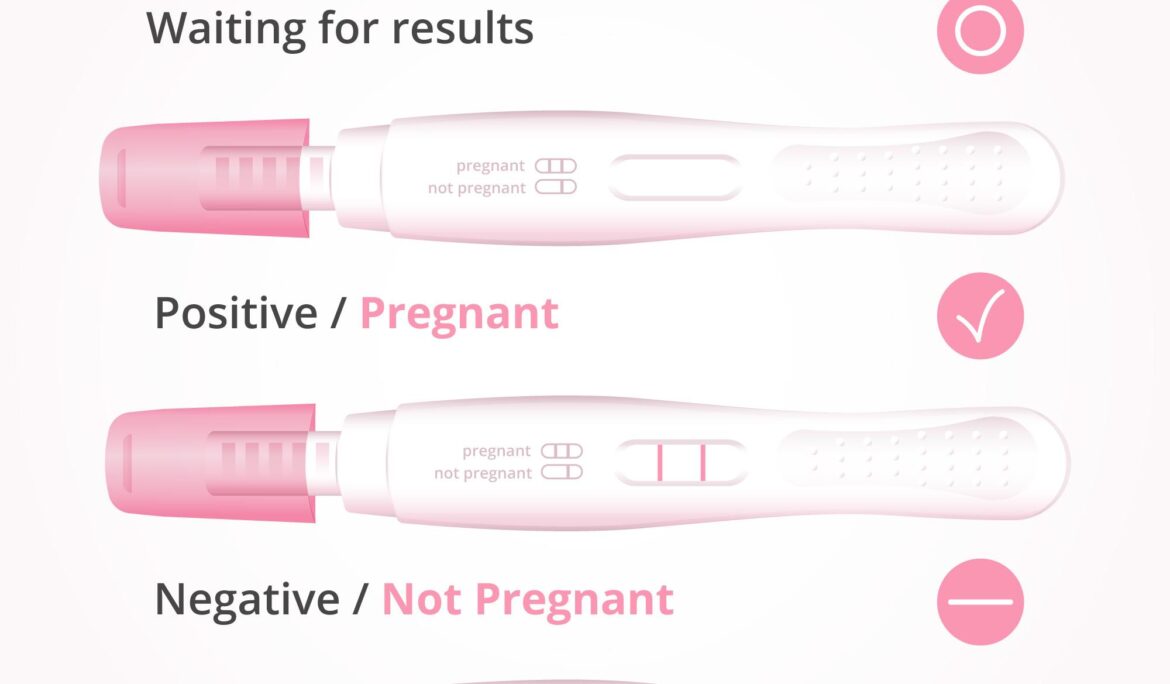Signs and Symptoms of Pregnancy: What You Need to Know


Pregnancy can be an exciting yet confusing time, especially when it comes to understanding the early signs and symptoms. Whether you’re trying to conceive or wondering if you might be pregnant, it’s important to recognize these signals. In this comprehensive guide, we will answer the most frequently asked questions about the signs and symptoms of pregnancy, helping you to understand your body better.
What Are the Earliest Signs of Pregnancy?
One of the first questions people ask when they suspect they might be pregnant is what the earliest signs of pregnancy are. While every woman is different, some of the most common early signs include:
- Missed Period: This is usually the first and most obvious sign of pregnancy.
- Fatigue: Feeling unusually tired is often one of the earliest symptoms.
- Nausea (Morning Sickness): Many women experience nausea early in pregnancy, sometimes as early as two weeks after conception.
- Breast Tenderness: Your breasts may feel sore, sensitive, or fuller than usual.
- Frequent Urination: The need to urinate more often than usual can also be an early symptom.
How Soon After Conception Do Pregnancy Symptoms Start?
Pregnancy symptoms can begin as early as one to two weeks after conception. However, some women may not experience any noticeable symptoms until later. Early signs such as fatigue, tender breasts, and nausea can start to show up within two weeks, while others, like a missed period, will take longer.
Is It Possible to Have Pregnancy Symptoms Before a Missed Period?
Yes, it is possible. Symptoms like mild cramping, fatigue, and breast tenderness can occur before your missed period. Some women also report experiencing light spotting, known as implantation bleeding, which happens when the fertilized egg attaches to the lining of the uterus.
How Can I Tell the Difference Between PMS and Pregnancy Symptoms?
Many early pregnancy symptoms overlap with PMS (Premenstrual Syndrome), such as bloating, mood swings, and breast tenderness. However, there are subtle differences:
- Fatigue: Fatigue is more intense during pregnancy than during PMS.
- Nausea: Nausea is more common in early pregnancy and is less common in PMS.
- Bleeding: Implantation bleeding is much lighter and shorter than a typical menstrual period.
What Are Uncommon Pregnancy Symptoms I Should Be Aware Of?
While many women experience common symptoms, there are also less common signs, including:
- Dizziness and Fainting: Due to lower blood pressure and blood sugar levels.
- Food Cravings or Aversions: Strong preferences or sudden dislikes for certain foods.
- Mood Swings: Hormonal changes can cause mood fluctuations, similar to PMS but often more pronounced.
When Should I Take a Pregnancy Test?
The best time to take a pregnancy test is after you’ve missed your period. However, some sensitive tests can detect the pregnancy hormone hCG (human chorionic gonadotropin) in your urine as early as 10 days after conception. For the most accurate result, it’s ideal to wait until after a missed period.
What Are the Next Steps After a Positive Pregnancy Test?
If you have a positive pregnancy test, the next step is to schedule an appointment with your healthcare provider. They will confirm the pregnancy through a blood test or ultrasound and guide you through the next steps for prenatal care.
Frequently Asked Questions (FAQ)
Can I experience pregnancy symptoms even if I have irregular periods
Yes, you can still experience pregnancy symptoms even if your periods are irregular. The common symptoms, such as fatigue and nausea, may still be present, but a missed period may not be a reliable indicator.
Is it normal to have cramping in early pregnancy?
Mild cramping can be normal in early pregnancy and is often due to the uterus expanding or implantation. However, if cramping is severe or accompanied by bleeding, consult your doctor.
How long does morning sickness usually last?
Morning sickness typically starts around the 6th week of pregnancy and may last until the 12th week. However, it can vary greatly between women, with some experiencing it longer.
Can I be pregnant if I have no symptoms?
Yes, it’s entirely possible to be pregnant without experiencing any noticeable symptoms in the early weeks. Every pregnancy is unique, and some women may not experience classic symptoms like nausea or fatigue.
What should I do if I suspect I’m pregnant but the test is negative
If you suspect you’re pregnant but receive a negative test result, wait a few days and retake the test. If your period still doesn’t arrive and tests continue to show negative results, consult your healthcare provider for further evaluation.
Conclusion
Understanding the signs and symptoms of pregnancy is crucial for recognizing your body’s changes. While common symptoms like a missed period and nausea can offer clues, it’s important to remember that every woman’s pregnancy journey is unique. If you suspect you’re pregnant, take a test and consult with a healthcare professional for confirmation and next steps.
By staying informed, you can navigate the early stages of pregnancy with confidence and care.



